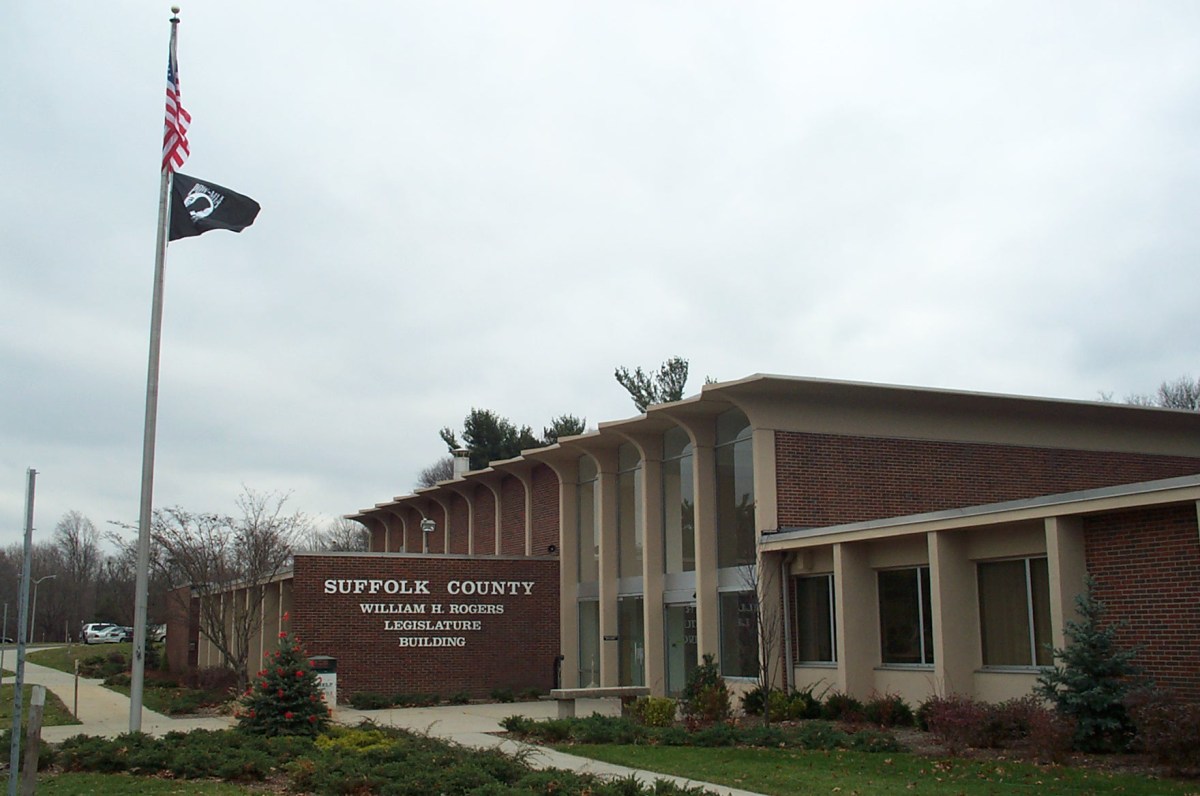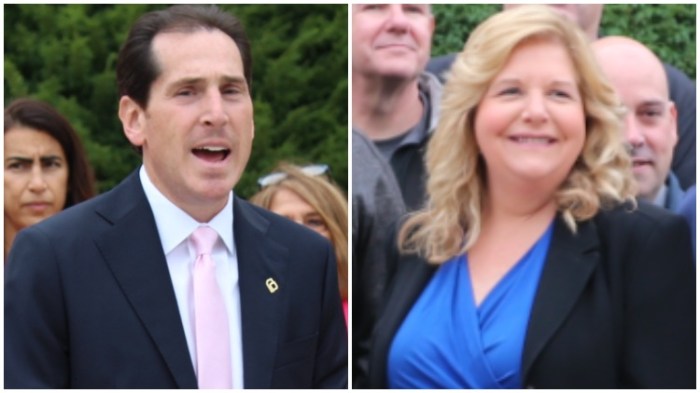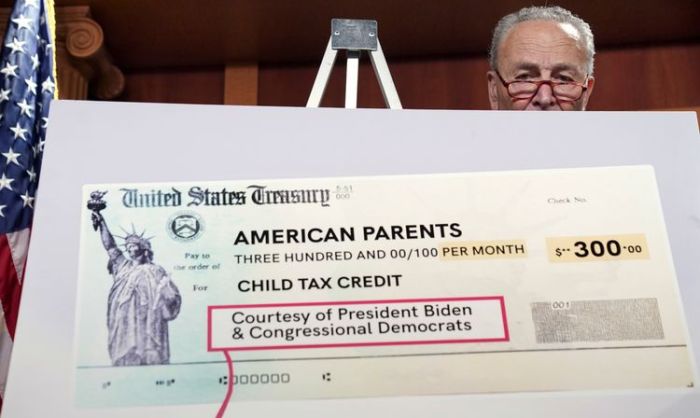Suffolk County has been waiting five years for our public campaign financing program to give County residents a bigger say over decisions that impact their lives. In 2017, the county Legislature created the program in response to public concern that “the flow of money from wealthy individuals and narrow special interests to political campaigns is a root cause of government dysfunction, favoritism and corruption.”
But yesterday, the now-Republican majority Legislature voted to kill the program, just as it was finally ready to launch. County Executive Steve Bellone should use his veto to preserve this crucial reform, and lawmakers should stand firm against any attempt to override that veto.
Like many similar programs across the country, Suffolk County’s program will offer a multiple match of public funds on small contributions local residents give to candidates who opt in. The policy is the best available option to amplify the influence of everyday people in a political process otherwise dominated by wealthy special interests. It also increases participation by more people and a greater diversity of people.
For every $1 a county resident gives (up to $250) to a qualifying candidate, Suffolk County’s program will provide $4. So, a $10 donation from a community member becomes $50 for the candidate. Matching funds would come from off-track betting proceeds.
The cost of the program is modest. It limits the total amount in matching funds a candidate is able to earn. The projected cost for its first cycle, 2023, is $2.5 million — around one sixteenth of a percent of the county’s annual operating budget and a modest price for a more inclusive, participatory democracy.
In fact, public financing programs can save taxpayer dollars down the road. Its purpose is to boost the voices of county residents in government decision making about how public money is spent. As the New York State Moreland Commission to Investigate Public Corruption observed, public financing programs can mitigate wasteful spending by reducing “the pressures donors place on our elected officials to provide targeted tax breaks for special interests and to spend public funds on pork barrel projects of doubtful public value.”
Matching programs work for candidates and constituents alike. Participating candidates are able to align campaigning with fundraising, spending more time in the field with the voters they hope to serve instead of dialing for big dollars from a wealthy few. Community leaders are able to consider running for office even if they lack significant resources or networks of wealthy supporters. That makes elections more competitive and gives voters more choices.
For proof, consider New York City, where a small-donor match program has been powering community-centered campaigning for more than 30 years. A 2019 study found that City Council candidates using the matching funds program relied more on in-district donors and small donors than state legislative candidates running in the same communities without public financing. The program has contributed to increased participation and diversity in elections. Last year, New York’s City’s $8-to-$1 match helped elect the most diverse City Council class in history.
And New York State recently joined more than a dozen states and municipalities in adopting small donor public financing for statewide and legislative office. The state’s program is set to launch this November. The city of Baltimore and multiple Maryland counties will also implement their new programs soon.
The Suffolk program, delayed by the Covid-19 pandemic, is set to be implemented for the 2023 county legislative and executive elections. Or it was, before Deputy Presiding Officer Steve Flotteron and Dominick Thorne introduced the resolution (No. 1416) to defund it that passed yesterday.
The County Executive and Legislature must stand up for Suffolk constituents by protecting the county’s small donor public financing program. Suffolk residents deserve no less.
Lisa Tyson is the executive director at the Long Island Progressive Coalition.
Ian Vandewalker is senior counsel for the Democracy Program at the Brennan Center for Justice at NYU Law.



























